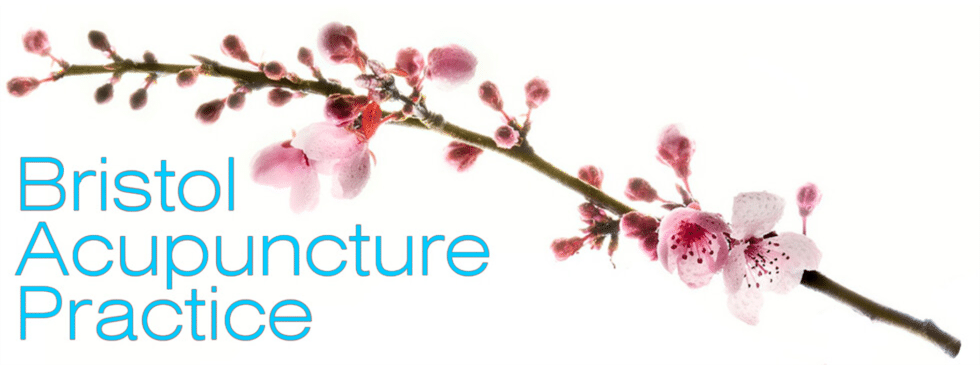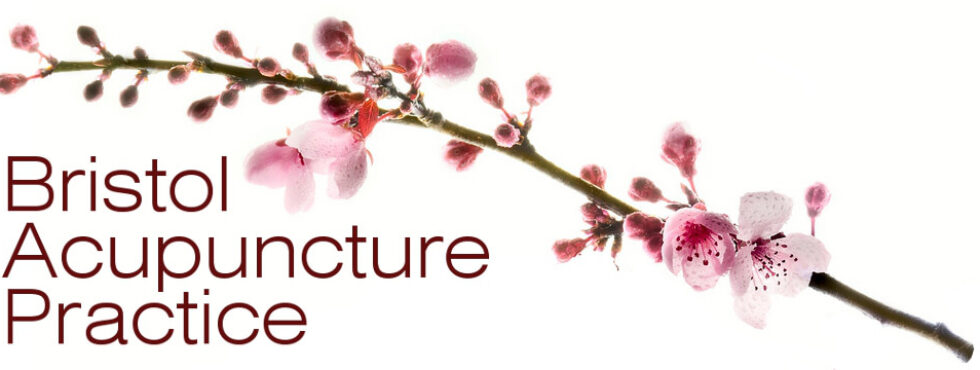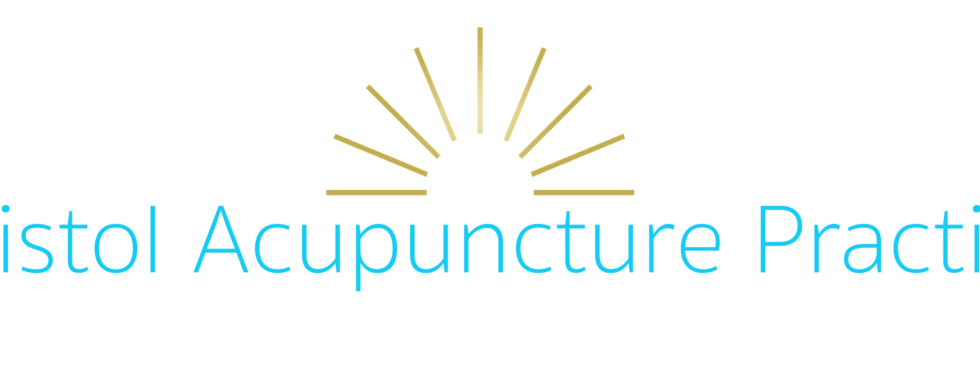Stress
Are you suffering from stress and anxiety? We have been helping people relax and feel stronger for many years.
Al has specialised in acupuncture for stress and anxiety since 2003. With his background in mental health work he has many years’ experience helping people become more relaxed and resilient.
This is what people are saying:
“I started to receive treatment in a state of high anxiety and stress… I always left the practice feeling restored.’’ Sophia, 59, Ecological Promoter
“I wanted to get my life back, to get out and about without panic. This I have achieved.’’ Barbara, 56, Receptionist
“Deb is a very good listener. I definitely recommend her if you are suffering from stress or emotional problems.” Peter, 60, Nurse
“I made an initial appointment to see Al seeking help for panic attacks, anxiety and extreme emotional distress… I could not recommend any therapist more highly.” Victoria, 52, Trainer
Our aim
Our aim is that you leave your first appointment feeling much more relaxed, and that over time your strength builds. It is common that after a few treatments people begin to feel more robust and able to cope with life’s ups and downs.
Other symptoms
Acupuncture can be very powerful at treating stress and emotional problems. We frequently treat panic attacks, sleep problems, unreasonable anger and irritability, high blood pressure, headaches, IBS, prolonged sadness , sweating , restlessness and addiction problems – all symptoms of tension and stress.
What is stress and why do we have it?
We all have to deal with challenging situations in life. It is how we react emotionally to these challenges that determine whether we find a solution and move on, or feel overwhelmed by the situation and become locked into a pattern of stress.
Flight or Fight – Our Response to Stress
Our stress response has evolved to help us survive. When we are faced with a threatening or challenging situation, adrenaline and cortisol (the body’s stress hormones) are released.
Our heart rate and breathing increases. This can help us fight or runaway from the potential threat . We sweat, which helps us cool down. Our pupils dilate. Our digestion temporarily shuts down, directing blood to our extremities rather than our stomach.
Although short experiences of anxiety are part of daily life, this Flight or Fight response should only be happening in the short term to deal with immediate threats or problems. In the past, if we saw a tiger we would feel stressed and run away. Nowadays we are more likely to be sitting at a desk, or in a traffic jam feeling stressed. We release adrenaline, but do not use it, so it stays in our system.This eventually causes our bodies damage.
“I had a series of panic attacks and continued anxiety. I was continually crying… I arranged my first consultation… and have felt better continually since. “
Nic, 32, Teacher
How does stress affect our health?
The Western View
Often we develop prolonged anxiety following a series of stressful life events. Stresses can also be ongoing due to lifestyle – a demanding job and commute, difficult people, money worries, ignoring our need to rest.
As a result, we find ourselves in a constant state of “fight or flight”.
The cortisol remains in our body. Over time, the assault on our body can develop into anxiety, panic attacks, depression, fatigue, insomnia, digestive problems, headaches, tense shoulders or various pains. In fact it can manifest itself as any illness.
The Acupuncture View
When we are well balanced then our energy is able to flow smoothly along energy lines in our body known as meridians and we experience healthy emotions. If we are feeling stressed and anxious our energy is unable to flow smoothly which can cause blockages which leads to unhealthy emotions and so a state of dis-ease.
How Do Our Emotions under Stress Affect Our Health
Fear
- We can feel excessively fearful about everyday events and begin to avoid or dread them
- Our thoughts can become out of control and we begin to imagine the worst scenario outcome.
Sadness / Lack of Joy
- Taking pleasure in good things happening in our life can become difficult and we find it hard to find joy in them. This may lead us not to pursue things that would make us happy, or to constantly seek out quick highs that will never really make us content.
Worry
- Our rational thinking and problem solving can slip into overthinking and worrying.
Anger and Frustration
- Instead of acting assertively to challenging situations, we can either become too timid and do nothing, or become too aggressive.
Grief
- We find it hard to let go appropriately of loss, grief and regrets and remain in a state of sadness for too long . We can also bury our grief and let if fester, which can lead to a be emotionally cut off from others and our own self.
How can Acupuncture Help my Emotions and Lessen Stress?
With acupuncture, these energy blockages can be addressed. By placing extremely fine needles on crucial points along those pathways, we can either unblock the pathways or strengthen weak links along the highway tallow our energy, and so emotions flow freely. Acupuncture can help alleviate not only the symptoms of stress and anxiety, but the stress and anxiety itself.
From a Western viewpoint, acupuncture works to alleviate stress by releasing natural pain-killing chemicals in the brain, called endorphins, and reducing cortisol and adrenaline. In addition, acupuncture improves circulation of blood throughout the body, which oxygenates the tissues and cycles out cortisol and other waste chemicals. The calming nature of acupuncture also decreases heart rate, lowers blood pressure and relaxes the muscles.
Research
Research has shown that acupuncture treatment may specifically benefit anxiety disorders and symptoms of anxiety by:
- Acting on areas of the brain known to reduce sensitivity to pain and stress, as well as promoting relaxation and deactivating the ‘analytical’ brain, which is responsible for anxiety and worry (Hui 2010).
- Regulating levels of neurotransmitters (or their modulators) and hormones such as serotonin, noradrenaline, dopamine, GABA, neuropeptide Y and ACTH; hence altering the brain’s mood chemistry to help to combat negative affective states (Lee 2009; Samuels 2008; Zhou 2008; Yuan 2007).
- Stimulating production of endogenous opioids that affect the autonomic nervous system (Arranz 2007). Stress activates the sympathetic nervous system, while acupuncture can activate the opposing parasympathetic nervous system, which initiates the relaxation response.
- Reversing pathological changes in levels of inflammatory cytokines that are associated with anxiety (Arranz 2007)
- Reversing stress-induced changes in behaviour and biochemistry (Kim 2009).
We aim to give people and objective view of the ever increasing body of evidebce relating to acupuncture. The links below are from The British Acupuncture Council who have a duty to give fair and objective information:
We often treat people who are experiencing:
- Anger
- Anxiety
- Depression
- Panic Attacks
- Frustration
- Fear
- Sadness
- Worry
- Lack of Joy
- Grief
- Loss of direction
- Irritability
- Tearfulness
These emotions can often be accompanied by physical sensations such as:
- Tiredness
- Insomnia
- Feeling Hot
- Sweating
- Palpitations (pounding heart)
- Stomach Problems
- Shortness of Breath
- Pain





